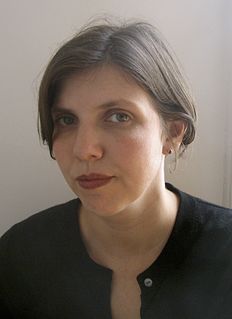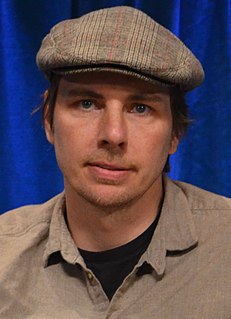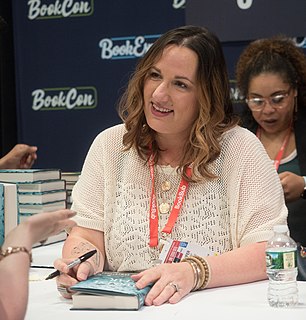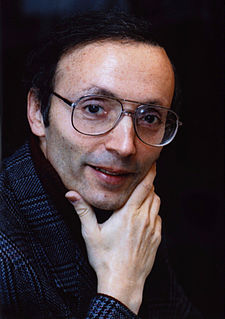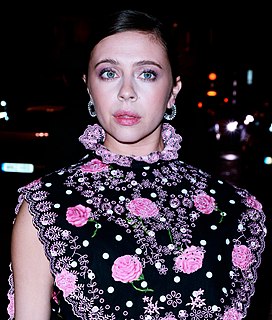A Quote by Neil Gaiman
I kept starting 'Anansi Boys' as a movie and stopping, and eventually wrote the novel and was happy.
Related Quotes
The woman who wrote the movie [Ladies And Gentlemen, The Fabulous Stains], her name is Nancy Dowd. She's a wonderful writer. She wrote Coming Home. And when I read the script, at that time, I thought, "This movie is going to do for girls what Breaking Away did for boys." I thought it was going to be huge. It was a great script.
We were doing press for this movie that my friends and I made for $5,000 called 'Brothers Justice,' that I also wrote and directed. And during the press of that, people kept saying, 'What's next, what's next?' And my best friend Nate and I - Nate produced it - we kept saying, 'Oh, we're gonna do a car-chase movie next.'
I finished my first novel - it was around 300 pages long - when I was 16. Wrote one more before I got out of high school, then wrote the first Lincoln Perry novel when I was 19. It didn't sell, but I liked the character and I knew the world so I tried what was, in my mind, a sequel. Wrote that when I was 20, and that one made it.
The Anansi stories were in my life because they're not just 'Br'er Rabbit and the Tar-Baby in the Briar Patch,' they're stories from Jamaica and Africa that my mum used to tell us when we were kids. So I learned about Anansi being not just a spider, but also a weird god-like figure since I was little.
I wrote 'Yellow Submarine' for the Beatles. I wrote the screenplay for 'The Games,' about the Olympic Games. I wrote 'Love Story,' both the novel and the screenplay. I wrote 'RPM' for Stanley Kramer. Plus, I wrote two scholarly books and a 400-page translation from the Latin, and I dated June Wilkinson!
While working on my first five books, I kept wishing I was writing a novel. I thought until you wrote a novel, you weren't taken seriously as a writer. It used to trouble me a lot, but nothing troubles me now, and besides, there has been a change. I think short stories are taken more seriously now than they were.



